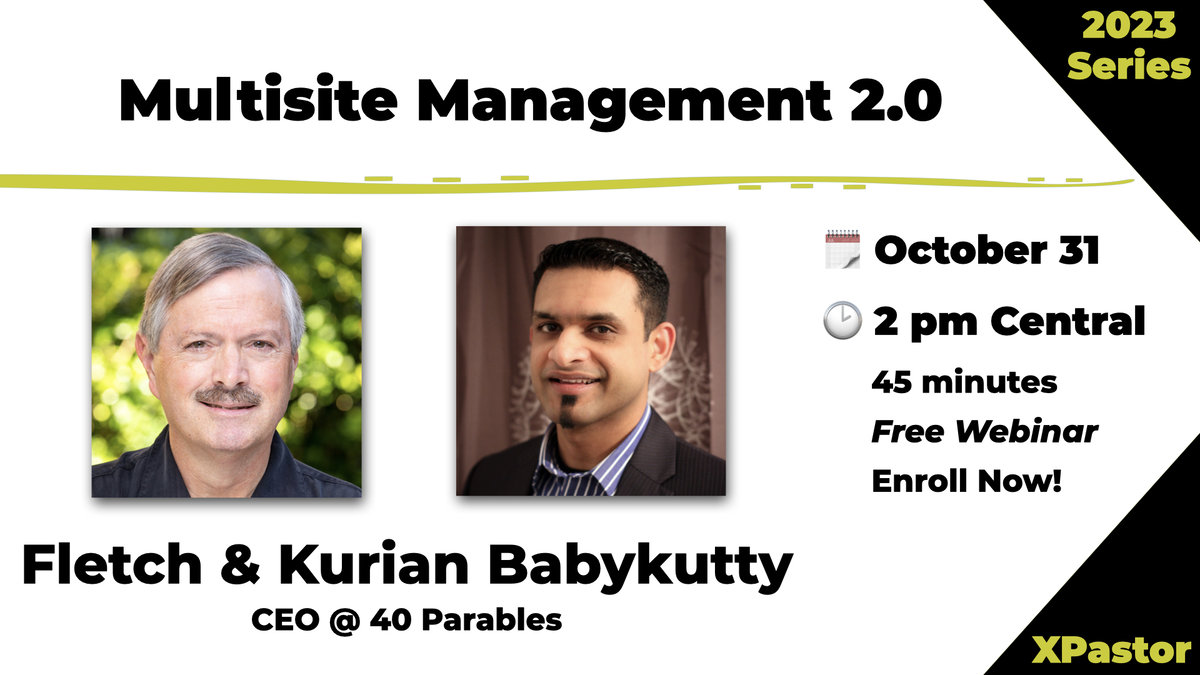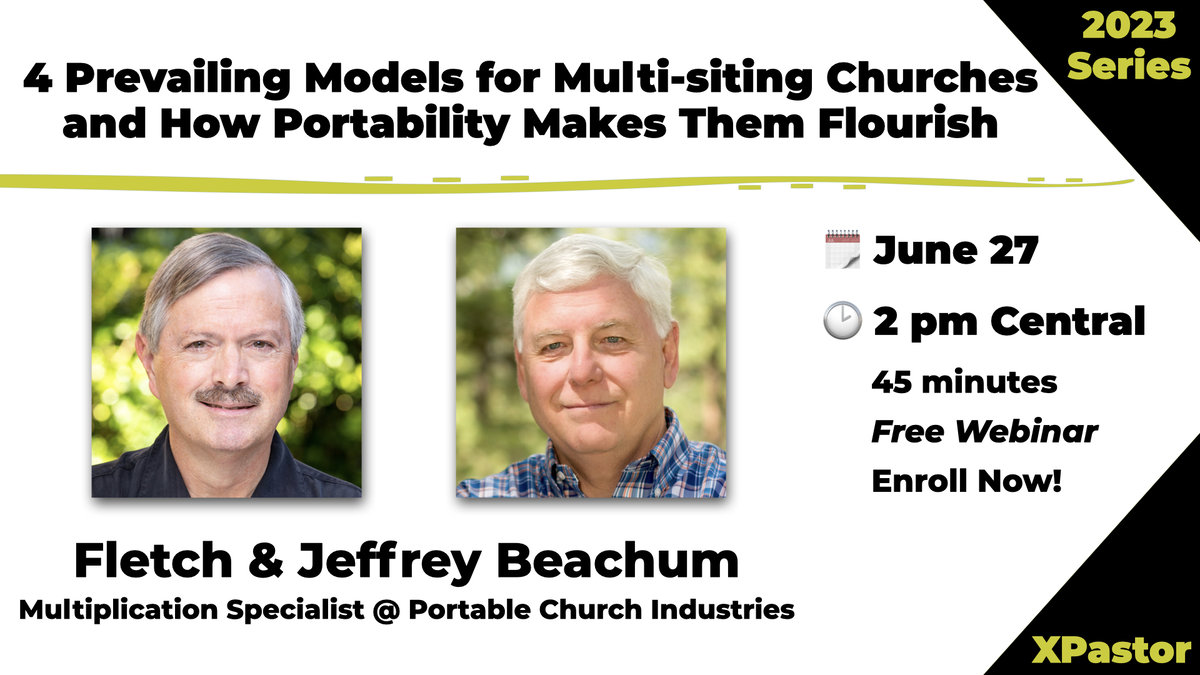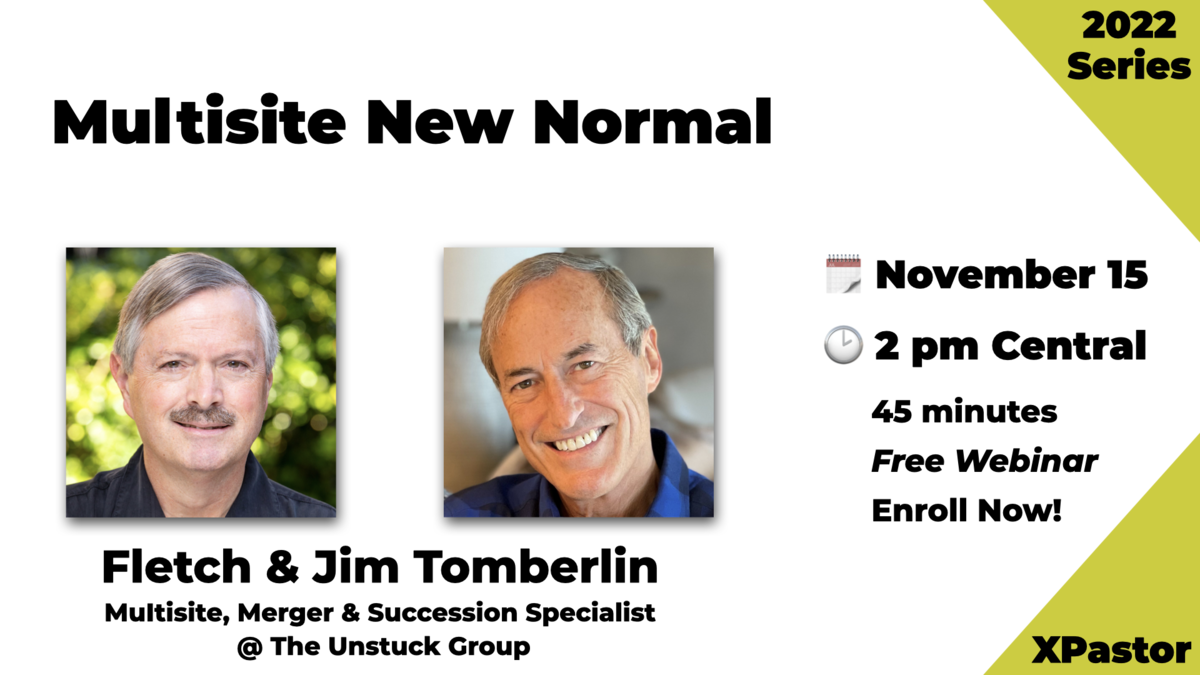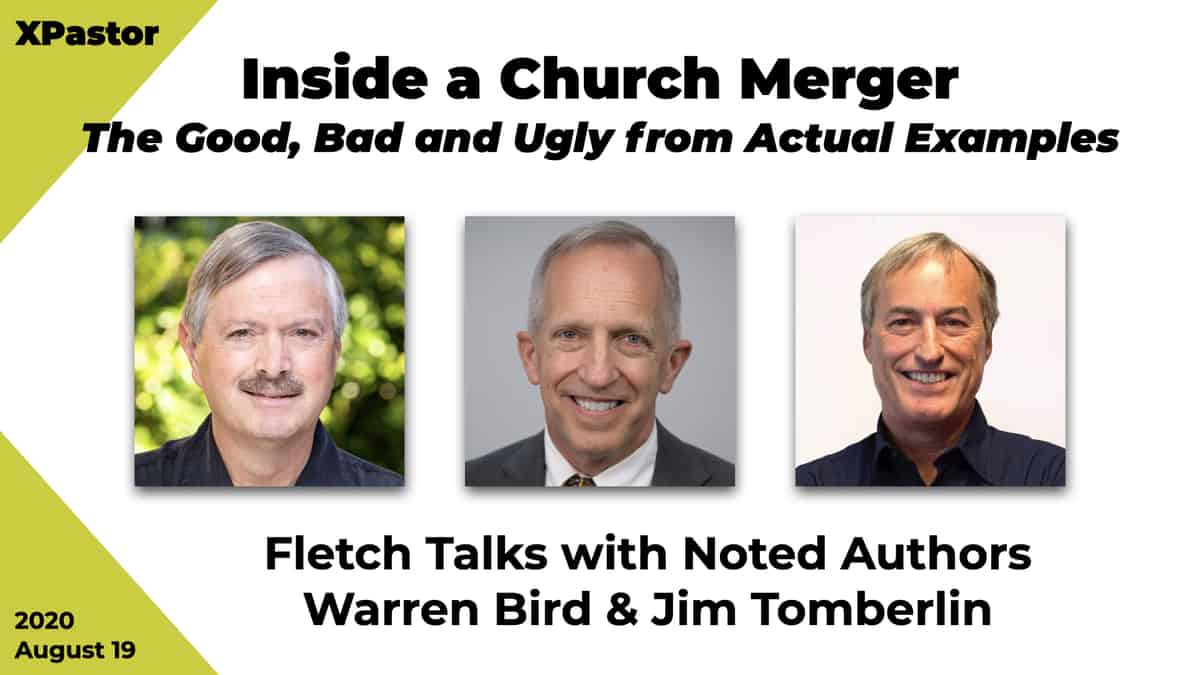For the first several years of our marriage, my wife and I were “renters.” We began in a wonderful, two-bedroom apartment. Upon hearing that we were pregnant with our second child, we moved into a century home. It was during our time renting the century home that I became aware of the spiritual significance of being a “renter.” In 1 Peter 2:11, Peter says, “Dear friends, I urge you as aliens and strangers in the world, to abstain from sinful desires, which war against your soul.” Peter explains to those of us who are Christians that we are to have the mindset of an alien or stranger in this world. This ought to be deeply significant for us. To view our possessions, our relationships and even ourselves as aliens and strangers is a radical way to view our world. A stranger or alien is one who has not come from this world and does not belong to this world. However, even though a stranger is not from this world nor belongs to this world, he remains in this world.
As a renter, it was clear that the home I lived in was not mine. My ability to make renovations to it were limited because it belonged to another—but I did have a responsibility to care for it. So I mowed the lawn, threw down mulch, removed snow and kept it clean. My wife and I felt both a sense of responsibility to keep the landlord pleased and a deep sense of pride that the place we lived at was well kept. I think this illustrates Peter’s point well. We are to live in such a way on this earth so as to remember that our possessions are not our own. None of it—not even the bodies we inhabit. Everything we have is on loan to us from God, by His grace. This goes against how we normally process life. From the time we were young, we all learned how to quickly and skillfully master the art of “mine.” As we matured we became more refined in our ability to hide our self-centered quest for acquisition. We cloak our desires in language of rights, goals, bonuses … worthy adult stuff. Against this dark backdrop, Peter’s call for us to live as aliens, strangers, and renters shines so brightly it makes us squint. Peter’s teaching calls for a significant shift in our thinking towards money, power, people and possessions. None of what you have is yours.
Yet we have been given many wonderful things, relationships and opportunities. We have been entrusted with the responsibility to care for what we have been given. In Genesis 2, God delegated care for the Garden of Eden to Adam: “The Lord God took the man and put him in the Garden of Eden to work it and take care of it.” God has put us where we are; He has delegated authority and responsibility to us to care for all that He has given. It seems right for us to have a proper sense of pride in how well we care for all that God has given us responsibility over. We did not earn this privilege. It is not because we deserve this opportunity. It is because God, in His kindness towards us, poured out all that we have because He is a kind, generous God.
As a renter, I’ve often wondered what my landlord thought of his house that we lived in and cared for when he drove by. Did he like the flowers? How about the mowing and edging I did on the lawn? Was he proud? Now, I do not think it is helpful for us to think of God as our cosmic landlord—that would be taking the analogy too far. However, we ought not forget that all that we have is God’s. He has given us responsibility to care for it and holds us accountable for our work.
I am currently one of the campus pastors at The Chapel, a multisite church located in Northeast Ohio. The role of a campus pastor here seems a bit different than in many other multisite churches around the country. In short, the primary difference resides in the role of preaching. I have the privilege and responsibility of preaching to my campus about fifty percent of the Sundays in one year’s time. The remaining Sundays, I host the services while our Senior Pastor preaches live at my campus or on video from one of our other campuses. As I understand it, a significant part of my role is to help provide a consistent pastoral presence on my campus. This ought to free my Senior Pastor to be where he needs to be while remaining confident that my campus is being well cared for.
As a campus pastor, I have noticed a number of similar feelings that I had while I was a “renter.” The campus that I lead is not my own—in a sense I am a stranger, a renter. It is not mine. I have been delegated authority to oversee the campus in many ways, but I am not the Senior Pastor. That role and title belongs to another. No matter how much liberty I am given, I must always remember that I am not the Senior Pastor. I do not carry on my shoulders the same weight that he carries on his. You may think this a simple and even elementary thing to point out. I agree that it is. However, do not be fooled into thinking that because the point is simple, it is insignificant.
Allow me to illustrate. It was not long ago that I had preached a couple of Sundays in a row. The sermons went well and were warmly received by the congregation on my campus. I even received a few kind emails during the week, thanking me for my sermons. On a subsequent Sunday, a woman stopped me and said, “I love your preaching. I could listen to you every Sunday.” What was the proper response? How are campus pastors to process such comments? Was she trying to put down our Senior Pastor? How do I thank her for her kind comment? How do I keep from throwing the Senior Pastor under the proverbial bus? How do I continue to lead and shepherd the people God has allowed me to help pastor in this moment?
How did I respond? I said, “Thank you for your kind words, they are an encouragement to me. It is such a privilege for me to be under the leadership of such a wonderful Senior Pastor. Hasn’t God been good to our church?”
Why did I respond in such a way? This woman was not being mean. She was trying to be encouraging to me. I do not know the motivation of her heart but she needs to be led. I was trying to help her understand that I understand that I am not the Senior Pastor. It makes no difference if our pastor comes to them live or on video. God has called one man to pastor this flock and everyone must be clear as to whom that man is, especially the campus pastor.
I must be clear that I am a renter, a stranger. The only reason that I am able to be in my position is because God, through the working of my Senior Pastor, has given me this position. I may have gifts and abilities but I did not earn this spot. God gave it to me. All that I have is given to me from above, even my gifts and abilities. A good campus pastor must be in a regular pattern of saying to himself, “You are not the man.” If you need help, might I suggest you get a wife, have some kids, or pick up golf. Seriously, the key to your ability to allow your Senior Pastor to be the Senior Pastor will be your ability to allow Jesus to break your heart over your own sin. If you find yourself thinking about how good you are, then you have spent too much time on your feet with your Bible closed, rather than on your knees with your Bible open.
Yet, you are needed! Your Senior Pastor needs you. He trusts you. He has delegated a portion of his responsibility before God to you. He has entrusted you to be the under-shepherd for the souls of the people of the church God has called him to. Make your pastor proud. Know your Senior Pastor’s vision so well that you will be able to lead in such a way that it will be as if he were present.
You may not be called to preach fifty percent of the time, but if you are a campus pastor worth your keep, people will be drawn to you. You will visit them in the hospital, dedicate their children, walk with them through the death of a parent and they will say, “You are our pastor.” How will you respond?











